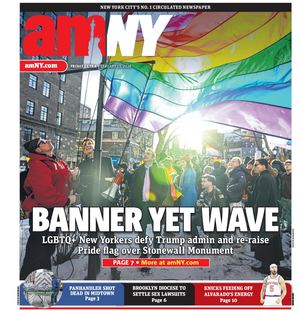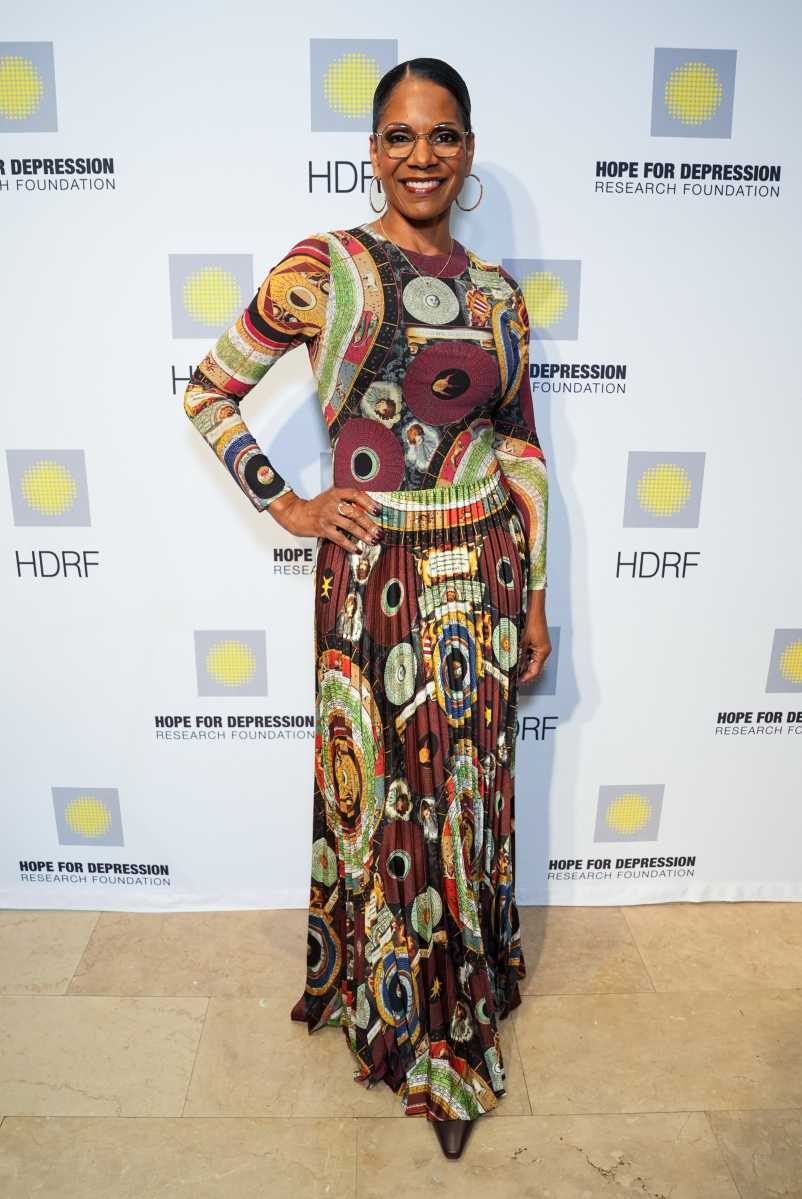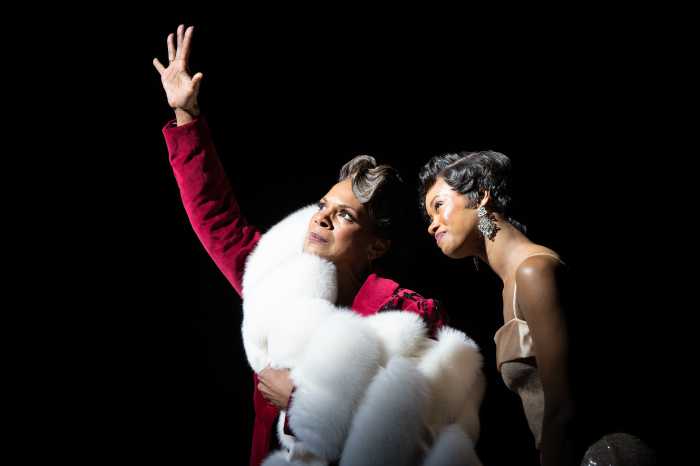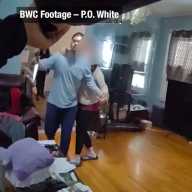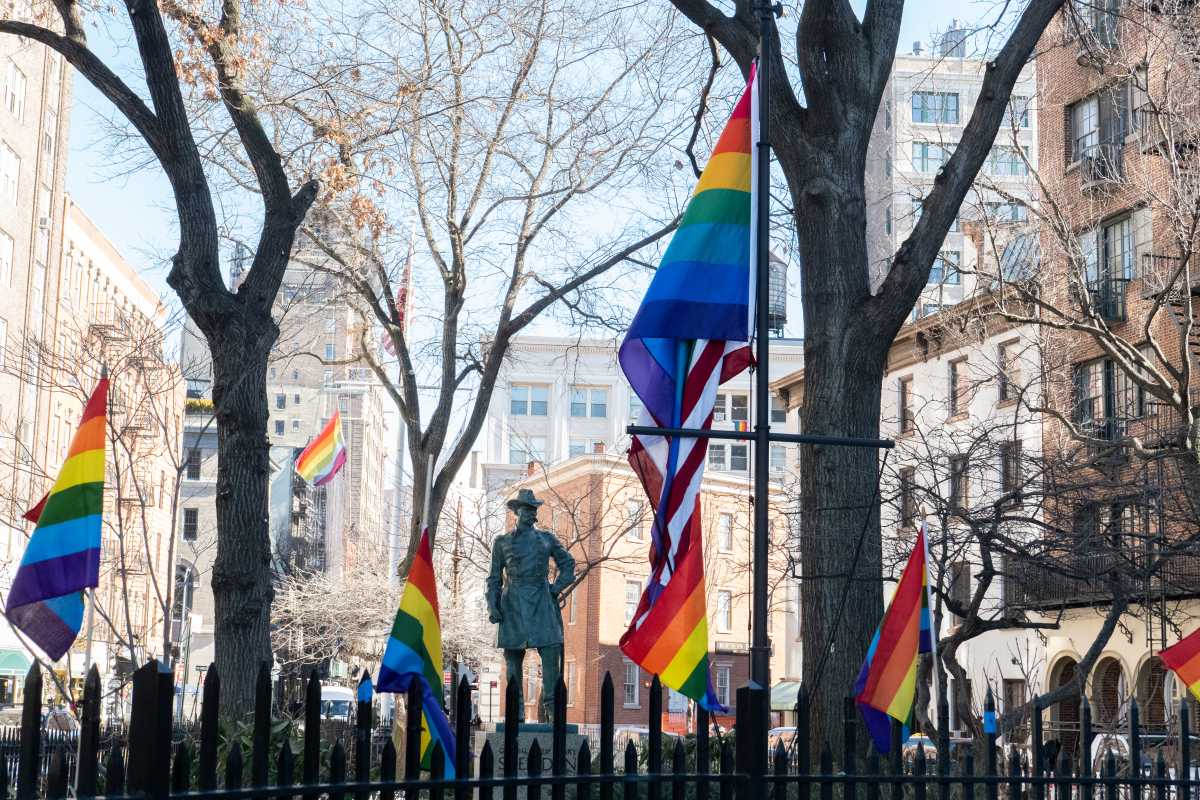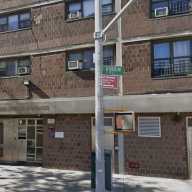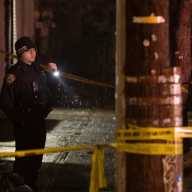The Plaza Hotel has always performed a kind of alchemy in November. Its marble floors gleam with a wintered radiance, its chandeliers scatter light like finely cut glass, and its famed Palm Court transforms into a microcosm of New York’s holiday anticipation—twinkling garlands, gold-ribboned wreaths, evergreen branches flirting with crystal ornaments. This year, the magic of that storied setting carried a deeper resonance, because earlier this month, the Plaza became the stage for one of the most emotionally charged and intellectually vital gatherings in the city’s philanthropic landscape: the 19th Annual Hope for Depression Research Foundation Luncheon Seminar.
The event, devoted to “Stress and the Brain: The Link Between Stress and Depression,” unfolded with a gravity matched only by its elegance. Depression, far from an abstract medical challenge, has become the quiet epidemic of our age. HDRF’s work, under the visionary leadership of Audrey Gruss, focuses on advancing the science that can dismantle the stigma, rewrite the narrative, and ultimately save lives. The luncheon served as a convergence point for research innovators, philanthropists, cultural leaders, and those who have known the sharp edges of despair firsthand.
Few moments captured the collective breath of the room more powerfully than the tribute to this year’s honoree, Audra McDonald. The six-time Tony Award winner, Grammy and Emmy recipient, and Juilliard-trained soprano—often hailed as one of the most accomplished performers of her generation—accepted the 2025 Hope Award for Mental Health Advocacy with a courage that reframed her legacy in real time. The revelation of her history with depression and suicide attempts stunned the room, not for the drama of the disclosure, but for the dissonance it created. Audra McDonald, a woman whose voice seems capable of rearranging time and whose career has scaled every imaginable height, stood before a glittering ballroom and allowed the world to see the fragility that lived beneath her brilliance.
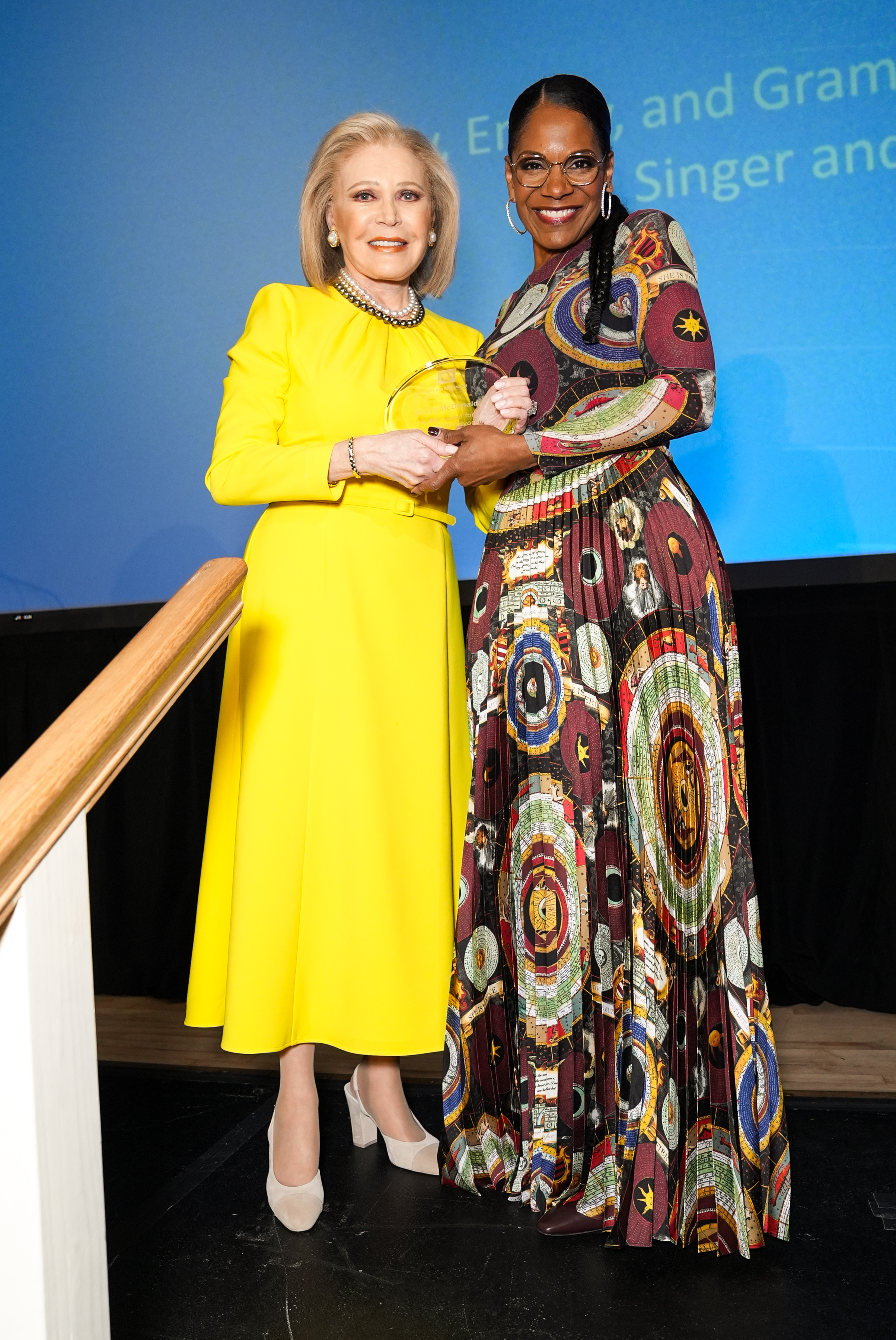
The contrast was staggering. The Plaza’s Christmas displays shimmered like something out of a fairytale—tables adorned with winter whites, soft candlelight, and delicate floral arrangements—while McDonald’s story introduced a note of stark humanity. Her honesty pierced the veneer of glamour and reminded the assembled guests that depression does not discriminate. Talent, status, intellect, and acclaim do not grant immunity. Mental health does not bow to achievement. Her testimony felt like a gift, not a wound: a permission slip for others to share their pain, a symbolic torch lit in the shadowed corners of the mind.
The scientific dimension of the event was equally compelling. Dr. James Murrough, Director of the Depression and Anxiety Center at Mount Sinai, delivered a masterclass in clarity as he outlined the biological pathways through which stress alters the brain and heightens vulnerability to depression. His work on treatment-resistant depression and PTSD represents some of the most important clinical research of our time, and the simplicity with which he explained complex neurochemical systems allowed the audience to appreciate both the urgency and the hope embedded in the science.
Further insight came from Dr. Huda Akil, whose pioneering work in neuroscience, particularly in understanding endorphins and stress tolerance, has shaped modern psychiatric research. Her update from HDRF’s international Depression Task Force revealed a future in which diagnosis, treatment, and prevention will be guided by precision, collaboration, and unprecedented empathy.
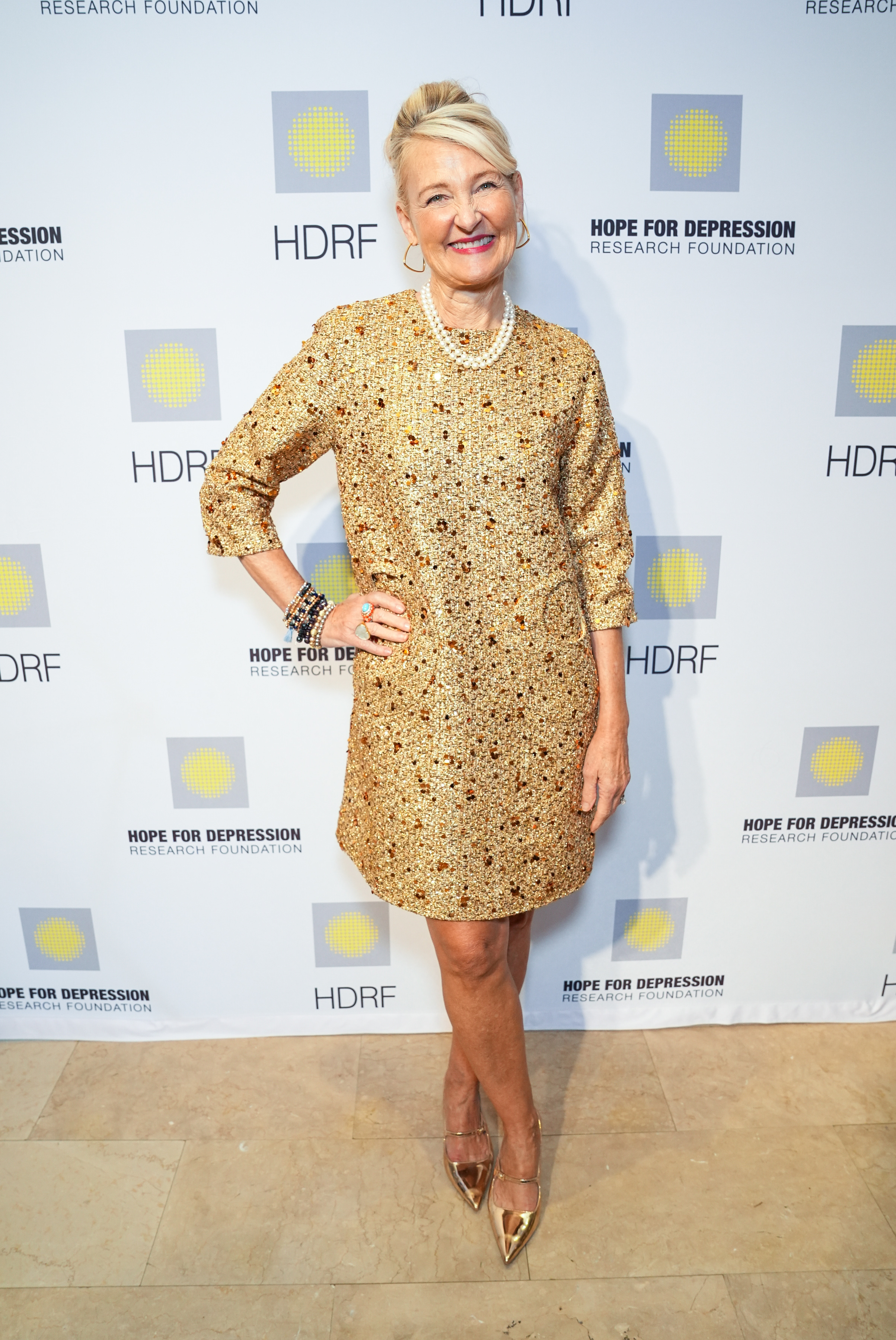
The luncheon also honored Elyce Arons, founder and CEO of Frances Valentine, whose memoir about her friendship with Kate Spade—lost to suicide in 2018—has become a testament to resilience, grief, and the quiet courage of rebuilding. Her Hope Community Award recognized not only her philanthropy but her willingness to confront the painful realities that so many still navigate in silence.
The event chairs, a constellation of New York’s influential philanthropists and cultural figures, reaffirmed HDRF’s place at the forefront of mental health advocacy. Their stewardship ensures that research continues to advance, clinical trials expand, and the public narrative shifts from shame to understanding.
Few gatherings manage to intertwine glamour and gravity with such seamless artistry. The Plaza, with its Christmas twinkle and old-world grandeur, offered a backdrop that transformed scientific discourse into something almost ceremonial. The afternoon felt less like a luncheon and more like a collective vow—a promise to confront depression with the same steadfastness with which the season confronts darkness and invites light.
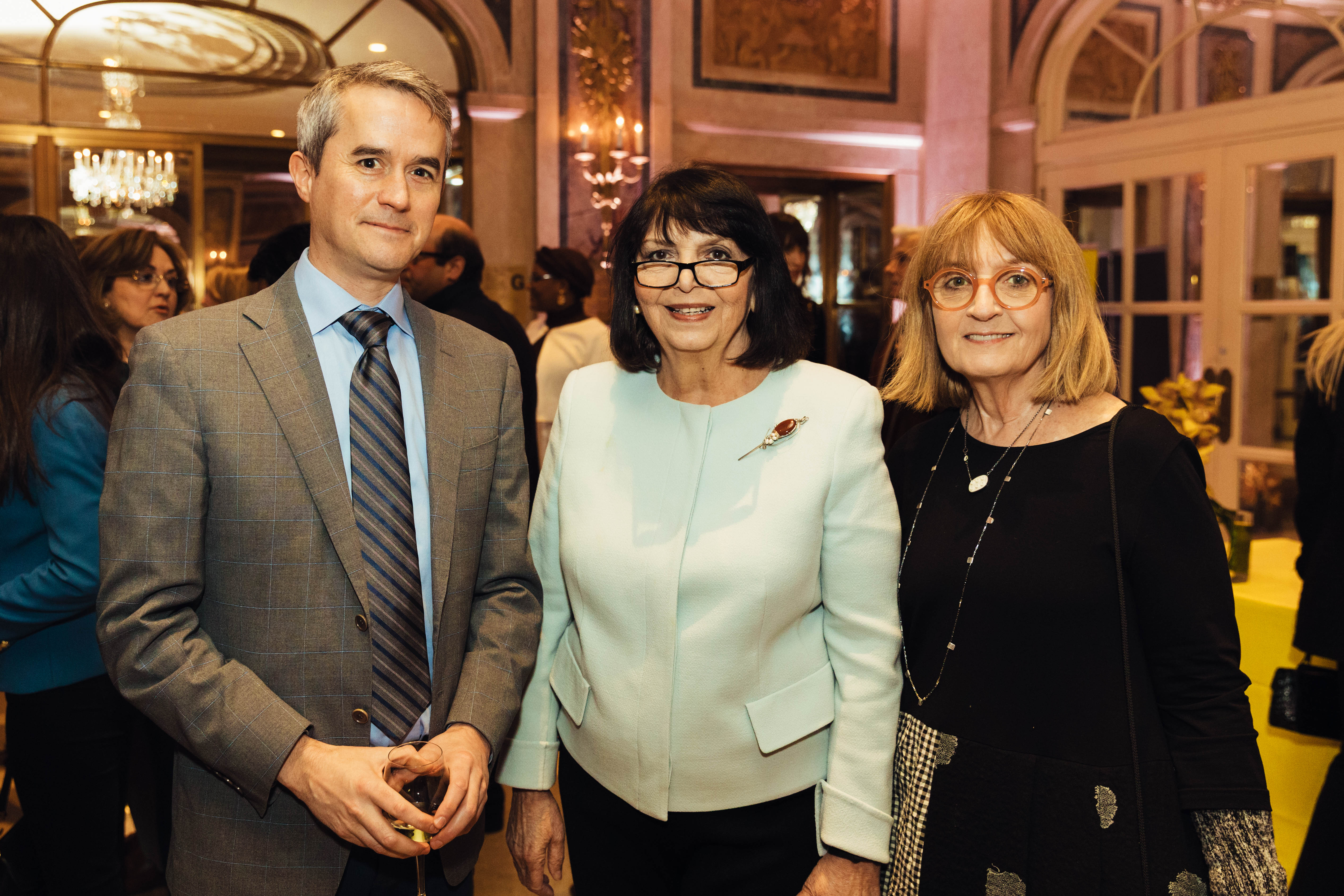
The Hope for Depression Research Foundation has spent nineteen years rewriting the trajectory of mental health science. This year’s luncheon proved that the work is not merely clinical; it is spiritual, cultural, and profoundly communal. Audra McDonald’s vulnerability, the brilliance of the scientific speakers, the lived experience shared in the room—all of it converged into a moment where compassion became the highest form of intelligence.
New York, in its holiday glow, provided the setting. HDRF provided the courage. The science provided the path forward. The result was an event that left every attendee not only better informed, but deeply moved—a reminder that hope is not an abstraction. Hope is an action. Hope is research. Hope is voice. Hope is survival. Hope is the future we insist on creating.
Hopefordepression.org
